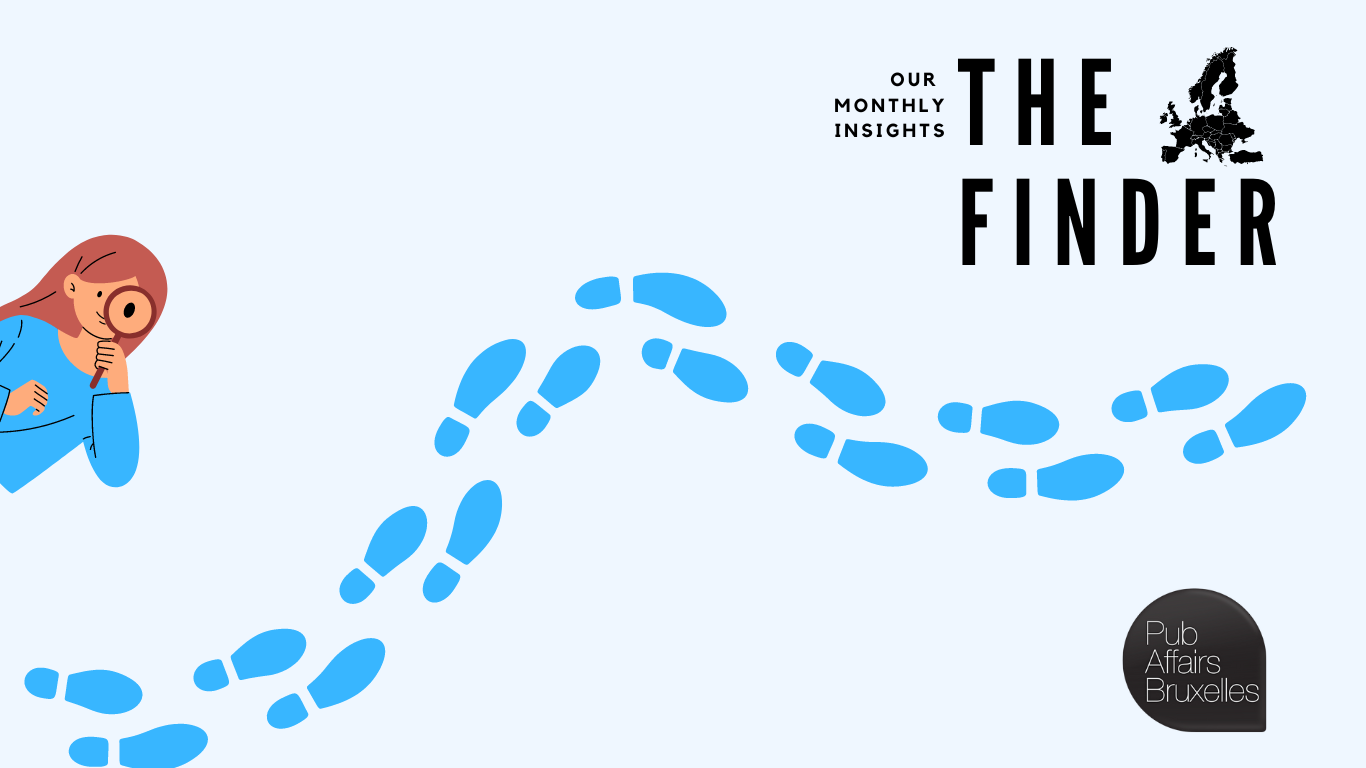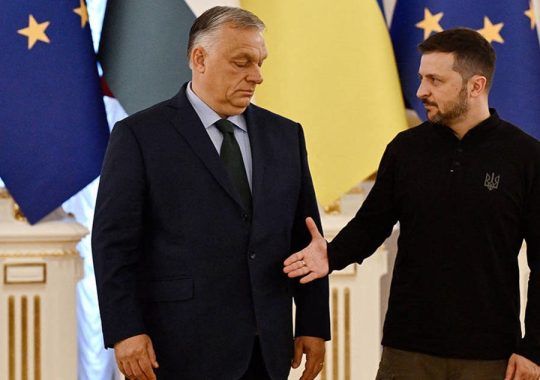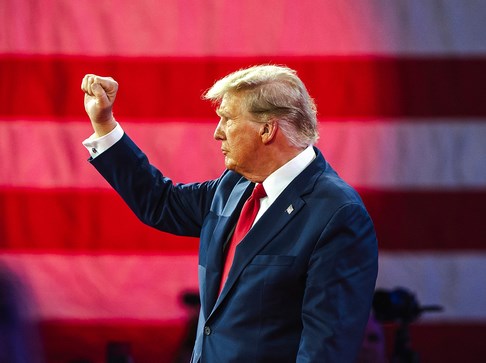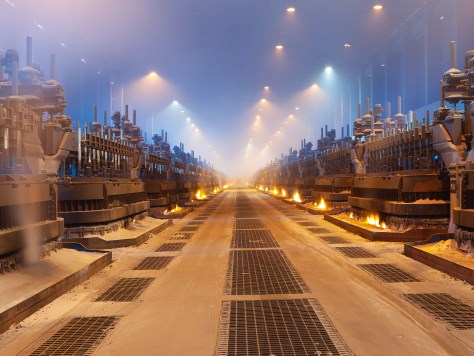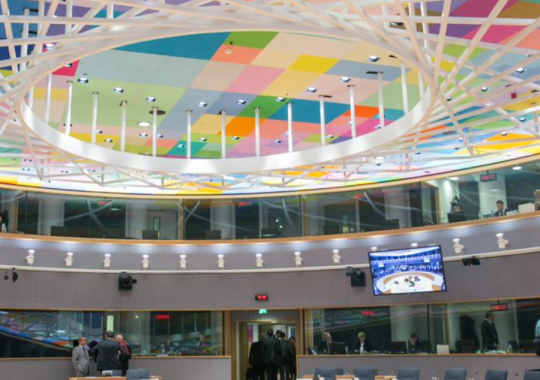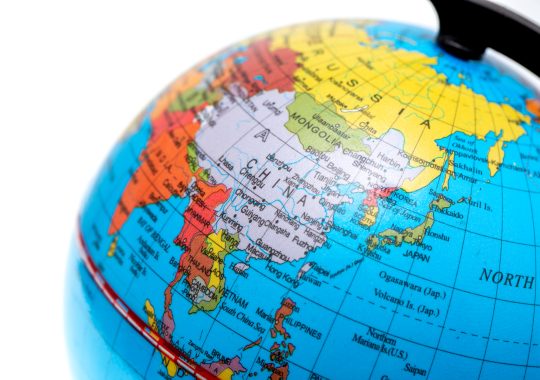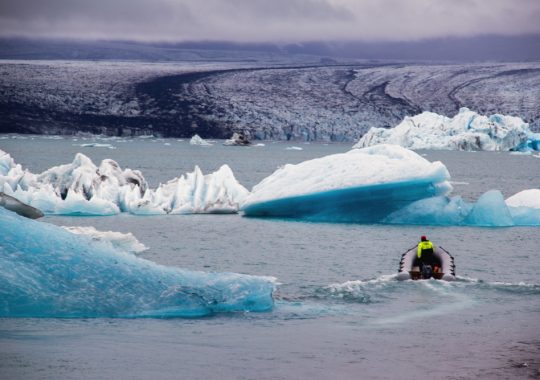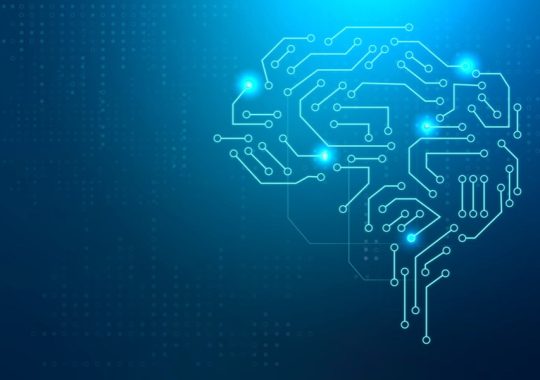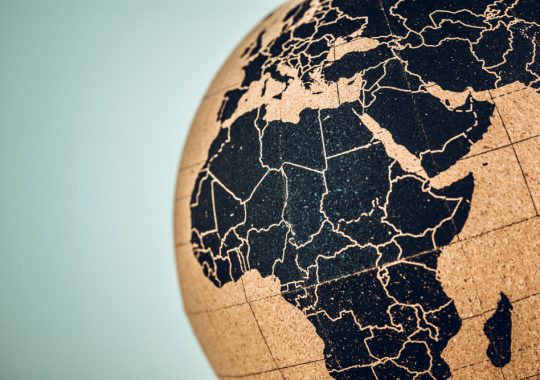After her re-election as President of the European Commission, Ursula von der Leyen has started the selection of the possible commissioners and vice-presidents proposed by the EU member states, which have until the 30th of August to propose their respective candidates, with only three countries, notably Belgium, Bulgaria and Italy, left to finalise the proposition of their respective nominees. This is the first of many challenging tasks for the re-elected President of the European Commission, as she will have to strike a balance between the requests of national governments and the new European Parliament’s “Grand Coalition”, which notably includes the EPP Group as the largest shareholder. The new College of Commissioners, along with their respective portfolios, is scheduled to be presented to the leaders of the European Parliament’s political groups on the 11th of September. In addition, the question of gender balance has also been problematic due to the fact that only 7 out of 27 EU member states have proposed female candidates. As some parliamentary sources anonymously told one press source, “the lack of women […] is of particular concern to the Greens and Socialists, and the fact that the European Parliament’s internal rules require MEPs to consider gender balance could haunt her”. In terms of timeline, if all commissioners-designate manage to pass the hearing process without any issues, the new European Commission could potentially assume office as soon as the 1st of November. However, if even one candidate is rejected, the starting date would be delayed until the 1st of December. In the worst-case scenario, if additional concerns about the nominees emerge, the new European Commission might have to wait until the 1st of January 2025 to take office.
In the short run, the questions of gender balance and of the new political equilibrium will surely influence the debate in the European Parliament. However, in the medium run, the political-diplomatic equilibrium of the European Council is poised to create headaches for the European Commission. Indeed, among the 27 national governments, several of them are already situated on the (far) right, while others, such as France and Austria, could potentially be added to this group of countries. This setting poses other challenges for the Commission’s President in institutional terms. However, in strategic terms, EU institutions are compelled to be as “geopolitical” as ever. While the Draghi Report is due to be presented to the Conference of Presidents on the 5th of September, closing the cycle of the “twin reports” on the question of competitiveness of the EU economy, emerging trade tension with China, the uncertainties with regard to the possible impacts of the US elections, the conflicts in Ukraine and the Middle East, as well as the questions of economic security, the de-risking of external economic relationships and the creation of new strategic partnerships will indeed prove to what extent the European Union is able to act in an increasingly complex and geopolitically-driven world. As one senior EU official told another press source, “the next five years will be a political minefield. Within that, she will have to make key decisions on the future of the European Union and its budget, while handling the war in Ukraine and the U.S. election”. Inter alia, of course.
Ana Palacio, a former Minister of Foreign Affairs of Spain and former Senior Vice-President and General Counsel of the World Bank Group, stated in a Project Syndicate Commentary that “in a world increasingly defined by geopolitical power plays and realpolitik, the EU’s moral authority and commitment to values-based governance are increasingly viewed as quaint and ineffective”. She remarked that failing to have visionary leadership and cohesion among its member states only compounded the problem. Her analysis was quite blunt, as she stated that in today’s geopolitical climate, the European Union is weak, exposed and poorly equipped to address the challenges it encounters. However, she also added that, whenever Europeans come back from their summer vacations, demands for a structural reform of the European Union are almost guaranteed and she emphasised that this year will be no exception, but the push for change might be stronger than ever before.
Regarding the presidential elections in the US and a possible second Trump presidency, a CER Policy Brief warned that, in many respects, a second Trump term would likely resemble his first. His protectionist stance and opinions on the North Atlantic Treaty Organisation (NATO) are rooted in beliefs he has held for decades. With regard to trade, the Brief highlighted that the Republican candidate has threatened to implement a 10% tariff on all foreign imports to the US, to phase out imports of essential goods from China, and to impose a 60% tariff on other Chinese imports. Additionally, he has vowed to undo many of President Biden’s efforts to reduce carbon emissions in the US and to withdraw again from the Paris Agreement on climate change. The author also explained the reasons as to why “Trump’s policies on security and trade are likely to be more disruptive now than they were during his first term”.
On the question of trade and economic security in an interdependent world, an Ifri Paper assessing the question of aluminium also drew some clear-cut conclusions. Indeed, the French think tank remarked that the US, Canada, and the European Union now view aluminium as a strategic resource, as it is becoming more essential, particularly for the energy transition. As a result, Europe will require increasing amounts of aluminium in the coming years. However, the European aluminium industry has weakened over the past few decades and now accounts for only a small portion of global production. Consequently, it is unable to fully satisfy domestic demand.
The questions of the European institutions’ decision-making process, the EU’s diplomatic approach to trade, interdependence and the green transition were also tackled by a Clingendael Policy Brief, with special regards to the Council, the Commission and the European External Action Service (EEAS). The findings of the research indicate that the European Commission and the EEAS should enhance their capacity for strategic discussions within the Energy Diplomacy Group and Working Party on Energy and in follow-up of agreements with external parties. Additionally, there is a need to more effectively connect green energy diplomacy to climate finance and broader diplomatic relations with third countries to boost its impact. Finally, EU member states should increase the sharing of information regarding bilateral energy activities. The authors also explained that, as the European Union is keen to advance its green energy diplomacy efforts, it must now convert its ambitions into concrete actions.
A special focus on Asia was provided by a SWP Commentary which analysed the challenges and opportunities for Germany and the European Union with regard to a strategic partnership with Central Asia. The authors elaborated on the consequences of Russia’s war against Ukraine and on how the geopolitical changes across Eurasia have refocused Germany’s and the EU’s attention on Central Asia. The authors pointed out that the strategic regional partnership between Germany and Central Asia, which had been announced last autumn, holds significant potential for collaboration. However, they added that expanding sectoral cooperation presents challenges that necessitate a realistic evaluation of each area of involvement, as accurate contextual analyses are crucial to the prevention of misunderstandings and of unrealistic expectations.
The question of Europe’s defence has also been a very topical question this year, particularly in the last couple of months also in light of a potential American under- engagement. The author of an ECFR Policy Brief clarified that European defence policies are undergoing their most significant test since the early Cold War, as Russia’s large-scale invasion of Ukraine has not only brought conflict back to the heart of Europe, but also exposed the extent of European reliance on the United States for defence. This situation, she highlighted, has prompted Europeans to reassess their defence needs, including the collective defence of the continent, as well as to address the deficiencies in their current strategies. She also remarked that, should Donald Trump be re-elected as US president this autumn, he has indicated that he might significantly cut or withdraw US military support for Europe. However, she also noted that, regardless of the prospect of a “Trump-proof” Europe, shifting US priorities, domestic political divisions, and Europe’s worsening security situation highlight the urgent need for Europeans to enhance their own defence capabilities with less reliance on the US.
Although the question of the Arctic is a yet-to-be-topical mainstream geopolitical issue, it is an issue which has permeated the debate on the possible future confrontational ground among the world’s countries, due to the effect of climate change. On this very note, a Finabel Analysis highlighted that the research on Arctic warming suggests that by 2040, the melted ice in specific parts of the Arctic will open up new possibilities for commercial shipping, cutting transit times between Europe, the United States, and Asia. While these changes offer potential for economic growth, they also pose serious risks to the global environment. As a result, the Arctic is turning into a focal point for competing international interests, creating new challenges for the region’s stability and security.
However, returning to the matters of economic competitiveness and strategic autonomy, technological advancements and artificial intelligence (AI) could not be left out of the public discussion. On this very topic, as well as on the adjacent but non-secondary question of democratic resilience, a CEPS Publication by Professor Andrea Renda stated that “Europe has accumulated delays in creating a fertile ecosystem for investment and innovation”. To address these issues, the author explained, multiple proposals have been introduced for a bold initiative aimed at driving research and innovation in trustworthy AI solutions developed in Europe, aligned with European values and principles. These include: the March 2024 proposal from the European Commission’s Scientific Advice Mechanism, which is part of the Directorate-General for Research and Innovation, to establish a “CERN for AI in Science”; the longstanding “AI moonshot” initiative by the Confederation of Laboratories for Artificial Intelligence Research in Europe (CLAIRE), now supported by several other organisations; and the proposal to establish a Sovereign Tech Fund for Europe’s Digital Public Infrastructure.
Last but not least, the cooperation with Africa has remained a highly topical matter of discussion not only in terms of migration, but also in terms of the interrelation between geopolitical rivalry and development. For this reason, an ECDPM Commentary noted that African nations striving to bridge the digital divide require more than just infrastructure such as cables and data centers. Their citizens need the skills to leverage digital technologies for economic advancement, as well as the literacy to access public services and to exercise their rights. The EU’s comprehensive approach to digital literacy could serve as a valuable model, provided it can effectively implement its policies and principles. However, geopolitical competition over digital connectivity has been intensifying for some time. African countries have been the focus of ambitious promises – though not always matched by outcomes – by China, the EU, and the US through initiatives like the Belt and Road Initiative (BRI), the Global Gateway strategy, and the US-led G7 Partnership for Global Infrastructure and Investment.
This editorial is authored by Massimiliano Gobbato, Communications Director. Contributions by PubAffairs Communications Team’s Nicole Finucci, Kristina Vilenica and Jacopo Bosica to the drafting of ‘The Finder’ are gratefully acknowledged.
From our Editorial Partners
A principled and powerful EU | Project Syndicate (PS)
In a world increasingly defined by geopolitical power plays and realpolitik, the EU’s moral authority and commitment to values-based governance are increasingly viewed as quaint and ineffective. A lack of visionary leadership and cohesion have only compounded the problem.
Navigating the storm? The EU, the UK and Trump 2.0 | Centre for European Reform (CER)
Donald Trump could be the next US president. Despite his legal troubles, polls suggest that Trump is currently ahead of Joe Biden and is the favourite to win in November.1 Even if Biden ends up winning a larger share of the popular vote, Trump may be able to carry crucial states to win the electoral college, allowing him to secure victory. Trump’s first term led to transatlantic splits on a host of issues ranging from trade and defence burden-sharing to the Middle East.
The aluminum value chain a key component of Europe’s strategic autonomy and carbon neutrality | French Institute of National Relations (Ifri)
The United States of America (US), Canada and the European Union (EU) all now consider aluminum as strategic. This metal is indeed increasingly used, especially for the energy transition, be it for electric vehicles (EVs), electricity grids, wind turbines or solar panels. Europe will, therefore, need growing aluminum supplies in the coming years.
Who decides? Upgrading the EU’s architecture for green energy diplomacy | Clingendael
The EU wants to avoid unwarranted dependencies on petrostates, play its part in selling green technologies, and mitigate climate change. As a result, in the past years, it has shifted its energy diplomacy from merely securing oil and gas supply towards diversification and support for energy transitions in third countries. As a consequence, the range of actors and formats of decision making has broadened, making coordination more challenging, with the limited EU competence in the field of energy posing an additional constraint.
German Central Asia policy after the “Zeitenwende” – Challenges and opportunities for a strategic partnership | German Institute for International and Security Affairs (SWP)
Russia’s war against Ukraine and the geopolitical shifts on the Eurasian continent have brought Central Asia back into the focus of Germany and the EU. Germany’s strategic regional partnership with Central Asia, which was announced last autumn, offers promising potential for cooperation. However, deepening sectoral cooperation is associated with challenges that require a realistic assessment of the individual areas of engagement.
Defending Europe with less America | European Council on Foreign Relations (ECFR)
European defence policies are facing their most important stress test since the early days of the cold war. Russia’s full-scale invasion of Ukraine brought war back to the heart of Europe and revealed just how reliant Europeans were on the United States for their defence. This forced Europeans to review their defence requirements, including the collective defence of the continent, and address the sorry state of their current plans.
The role of the EU in Arctic security | Finabel
Arguably, the Arctic region has always been an area of interest to the world’s countries. Despite its location and harsh arctic climate, the region opens opportunities for exploring new territories, trading routes, rich natural resources, and raw materials. According to the research on Arctic warming, by 2040, the melted ice in some parts of the Arctic will provide a new prospect for commercial shipping, shortening the transit time between Europe, the United States and Asia. Nevertheless, these changes open not only new opportunities for economic development but also threaten the global environment.
Towards a European large-scale initiative on artificial intelligence | Centre for European Policy Studies (CEPS)
While being a leading world region when it comes to regulating Artificial Intelligence (AI), Europe has accumulated delays in creating a fertile ecosystem for investment and innovation in this crucial domain for economic competitiveness, strategic autonomy and democratic resilience.
More than ones and zeros: How the EU can partner with Africa on digital literacy | European Centre for Development Policy Management (EDCPM)
African countries eager to close the digital divide need more than cables and data centres. Their populations need the skills to use digital technologies for economic gain, but also the literacy to access public services and to exercise their rights as citizens. The EU’s holistic concept of digital literacy can serve as a model – if the EU is able to translate its policies and principles into a coherent offer.

